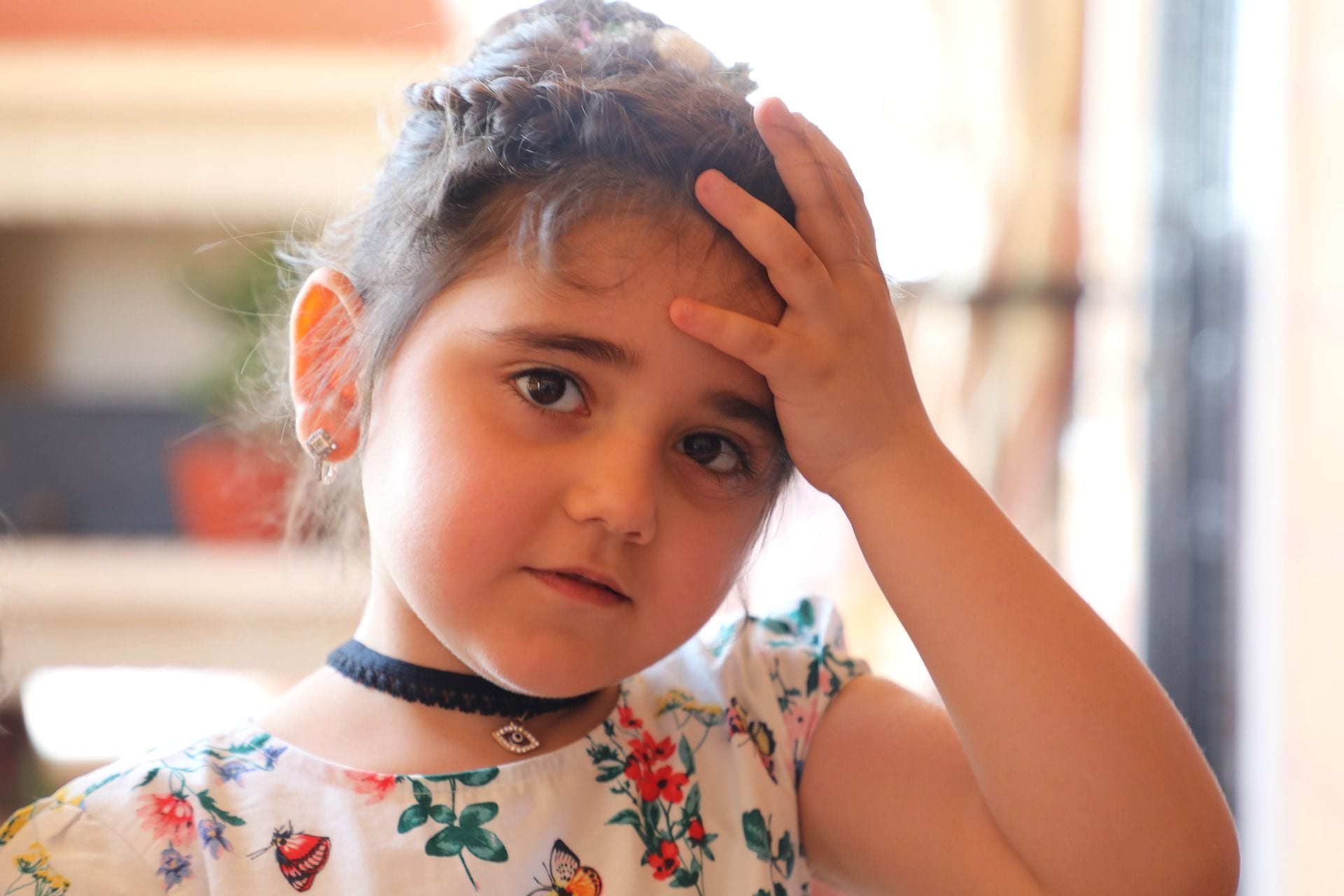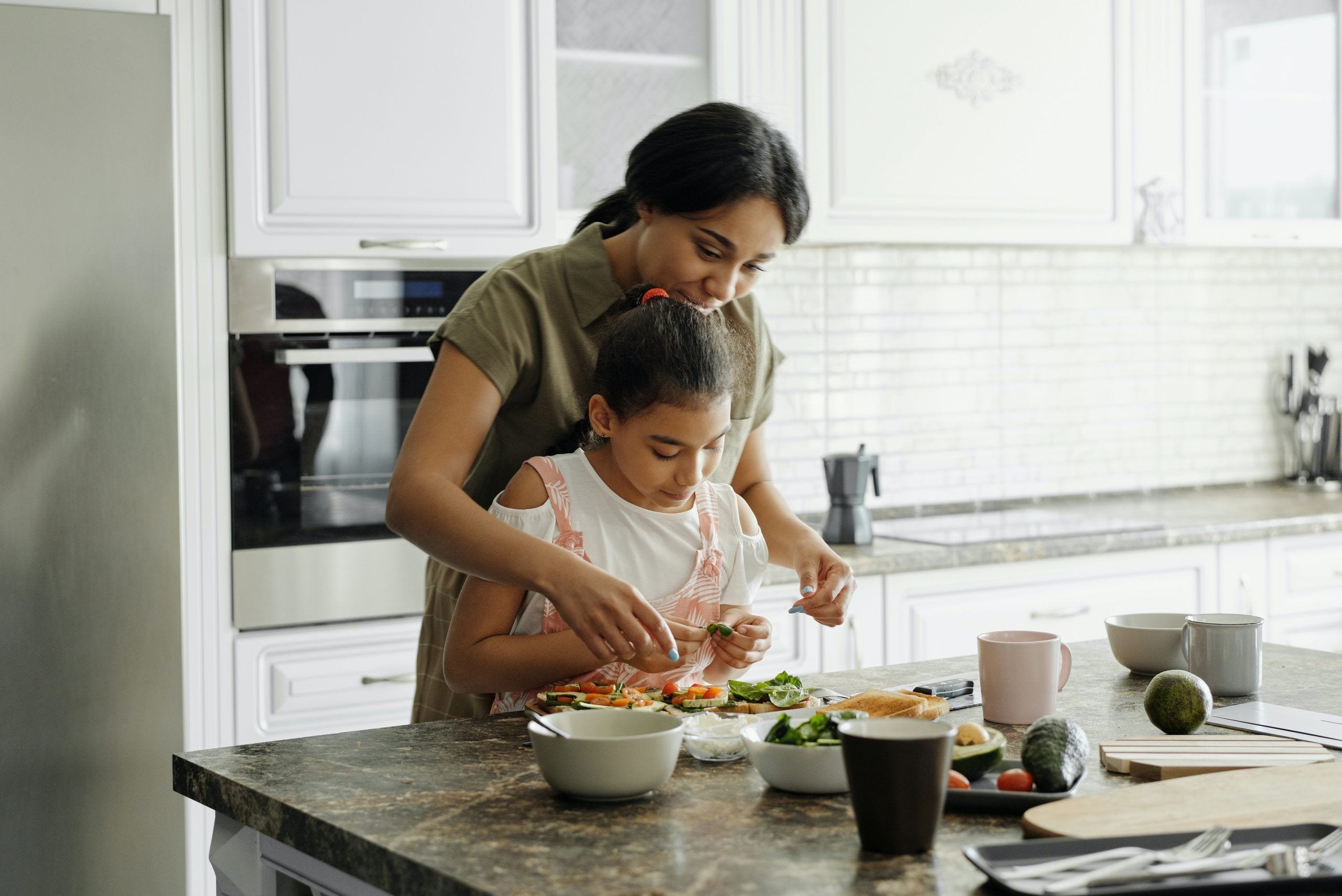Sometime earlier this year, my 8-year old picked up the phrase “my bad.”
I’m not really sure where she got it from. My husband uses the phrase every once in a while, but it’s far from his catchphrase. It’s possible she picked it up from her classmates, but by the time I noticed she was using it frequently, we had been in quarantine for several weeks, so it’s not like it had been reinforced by her peers. The phrase is not frequently used in the movies or TV shows she has had on repeat since March, yet not only was she suddenly saying, “my bad,” she was saying it often.
And every time she said it, it grated like nails on a chalkboard.
I didn’t know why her use of the phrase bothered me so much. I teach high schoolers, so I hear “my bad” all the time, and it doesn’t bother me when my students say it. Did my daughter’s use of the phrase bother me because I associated it with teenage nonchalance? Did it bother me because I usually hear the phrase used by boys, rather than girls? I would have understood my irritation if were clearly expressing a non-apology, but there was never any attitude attached to its use.
I grew annoyed with myself for being so annoyed by this phrase, but I felt myself cringe every time I heard her say, “my bad.”

Then one evening, we went for a family walk. My 8-year-old was riding her scooter a little way in front of us and was slowly drifting toward the right side of the road. I called out, “left side,” a gentle reminder of road safety, and she replied, “oops! My bad!”
Suddenly, it all made sense.
My daughter saying, “my bad” bothered me because she wasn’t actually doing anything bad. My daughter gets in trouble. There are times when she needs to apologize. But she wasn’t using “my bad” in these moments. She was using it in response to any small, even gentle, correction.
If I corrected her reading or pronunciation of a word, I got, “my bad.”
If I reminded her to hold the milk carton with two hands, she said, “my bad.”
If I suggested a different way of doing something, I heard, “my bad.”
“My bad,” wasn’t just a substitute for “I’m sorry.” “My bad” was my daughter’s way of apologizing for everything. “My bad” was the misconception that receiving guidance or correction meant she was somehow doing something wrong. “My bad” was the automated response of anxiety trying to be normal. “My bad” was going to become “I’m sorry I say sorry so much.”
I automatically felt the mom guilt. How did I allow this to happen? What had I said or done that made her feel she needed to apologize for learning and growing? Had my moments of exhaustion and frustration been more impactful that the moments of praise and encouragement?
But then I realized that I had recognized “my bad” as anxiety because I’m all too familiar with it myself. So instead of allowing my own anxiety to take hold and silently punishing myself for allowing my daughter to become just like me, I decided to focus on what I could do to change her perspective.

I still don’t like to hear her say, “my bad,” but now I listen for it. And when I hear it, I consciously focus on shifting her perspective.
When she says, “my bad,” I say, “you don’t need to apologize for that.”
When she says, “my bad,” I say, “it’s okay, we’re learning.”
When she says, “my bad,” I say, “well, now we know better.”
















